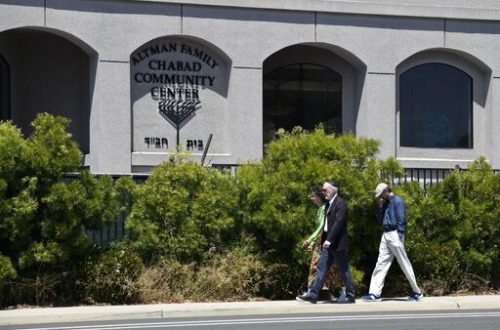President Bush’s January 20 inaugural address— with its inspiring words about the USA as a force for democracy and freedom worldwide– helped create a niche for us on the democratic, pro-liberation Left.
Many of Bush’s rightwing supporters– while praising his commitment– will no doubt give him a free pass on his willingness to implement it. Whatever he does or doesn’t do will be fine with them. They will defend him when he acts boldly to advance democracy and excuse him when he doesn’t. Other conservatives are just plain alarmed by the whole idea of democracy promotion as a central part of US foreign policy.
On the other hand many of Bush’s leftwing opponents will simply reject out of hand the notion that he is the least bit serious about turning his vision into real policy and real action– especially when it comes to America’s autocratic allies.
Therefore the niche I referred to: for those of us willing to believe Bush has grasped the importance of democratic transformation, but skeptical enough to monitor his actual performance. That means a readiness to point out even-handedly when his administration has acted seriously in pursuit of democracy, and when it has fallen short.
Now the Egyptian government has provided a test case. According to a Washington Post editorial:
On Saturday Egyptian police arrested and roughed up Ayman Nour, the dynamic young leader of a new opposition party calling for liberal democracy in that strategic Middle Eastern country. On Monday Mr. Nour was ordered to jail for 45 days on a patently bogus charge of forgery. To Egyptians, his real offense was obvious: offering a moderate democratic alternative to the corrupt dictatorship of President Hosni Mubarak.
The early US response is promising:
The State Department issued a statement calling Mr. Nour “one of Egypt’s most prominent opposition leaders,” deploring his arrest and mistreatment, and calling on the government to “reexamine the issue.” In private, U.S. officials forcefully raised the case with the Egyptian ambassador in Washington, with the president’s office and foreign and interior ministries in Cairo, and with representatives of other Group of Eight countries that joined the United States last year in an initiative to promote democracy in the Middle East.
But there is more Bush could do to make his displeasure known to President Hosni Mubarak, as democracy campainger Saad Eddin Ibrahim told The Post:
“No one expects Bush to turn off the money to Egypt or break relations,” said Ibrahim, referring to the $2 billion in U.S. aid provided annually to Egypt. “But how about not inviting Mubarak to the White House? That would be a start.”
Some of us are watching, Mr. Bush.


